Paris to Host Headquarters for Post-Ceasefire Ukraine Force as U.S. Joins Talks
Countries forming a post-ceasefire force for Ukraine agreed to base its headquarters in Paris, with U.S. participation marking a significant step in coordinated support for Ukraine after the war.
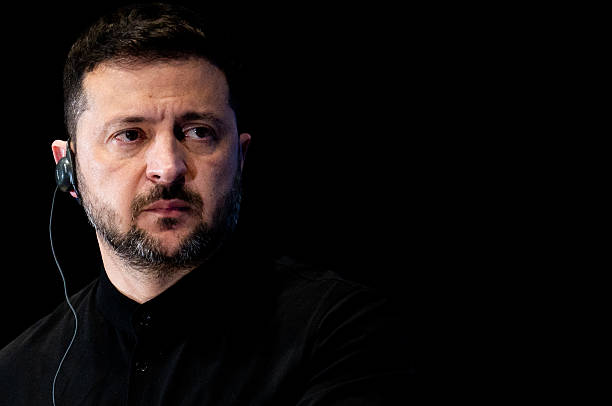 Ukraine Recovery Conference Takes Place In Rome
Ukraine Recovery Conference Takes Place In RomeROME — Countries preparing to contribute troops to a post-ceasefire stabilization force in Ukraine have agreed to establish a temporary headquarters in Paris, marking a significant step in organizing the Multinational Force Ukraine. The agreement was reached during a meeting on the sidelines of the Ukraine Recovery Conference in Rome, with a U.S. delegation present for the first time.
Retired Lt. Gen. Keith Kellogg, U.S. President Donald Trump’s special envoy for Ukraine and Russia, attended the session, joined by Republican Sen. Lindsey Graham and Democratic Sen. Richard Blumenthal. The senators have jointly introduced a new sanctions bill targeting Russia, including a proposed 500% tariff on goods imported from countries continuing to purchase Russian oil.
French President Emmanuel Macron and U.K. Prime Minister Keir Starmer participated remotely from Britain, where Macron was on a state visit. In a joint statement, coalition members announced that the Multinational Force Ukraine would begin its operations with a Paris-based headquarters for its first year, followed by a rotation to London, and the establishment of a coordination cell in Kyiv.
Although the coalition’s membership of around 30 countries was not publicly disclosed, the force is expected to offer logistical and training support to rebuild Ukraine’s armed forces and enhance security in Ukraine’s airspace and Black Sea region. No specific troop commitments were made, and both Graham and Blumenthal emphasized that there are no plans for U.S. ground troops.
Prime Minister Starmer described the planned "reassurance force" as essential for European security, stating that the coalition aims to create a deployable presence after a ceasefire to deter future Russian aggression. Italian Premier Giorgia Meloni welcomed the United States' participation and stressed the importance of unity among Western allies, adding that deterrence remains the key to bringing about a diplomatic resolution.
Ukrainian President Volodymyr Zelenskyy expressed gratitude to Kellogg, Graham, and Blumenthal for attending, as well as for what he called encouraging signs of support from Trump. He echoed Blumenthal’s private comments during the meeting, highlighting the visual impact of global support as a powerful symbol of solidarity.
“The announced aid packages for Ukraine, and very decisive signals about sanctions—I believe that these words aren't empty, and the picture, as our American partner said today, is speaking for itself,” Zelenskyy stated.



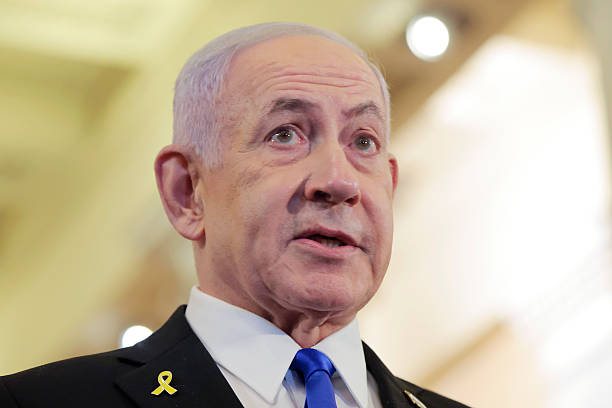
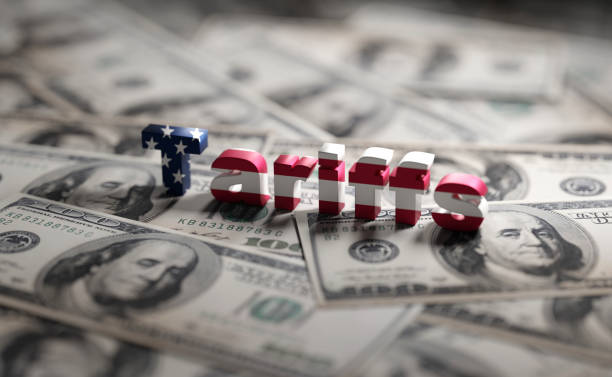
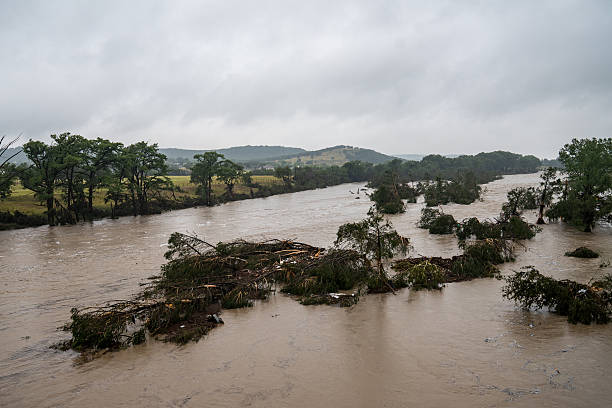
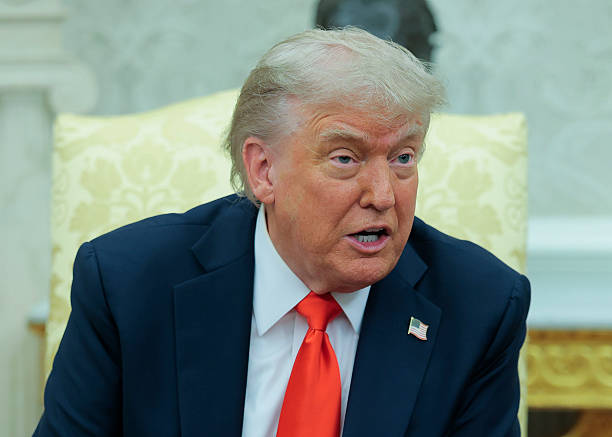
Conversation